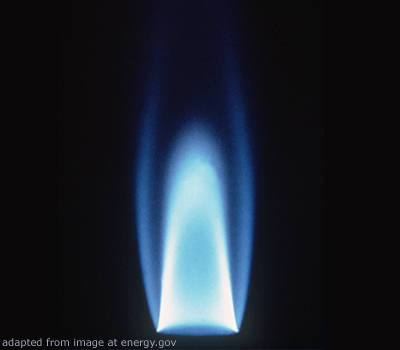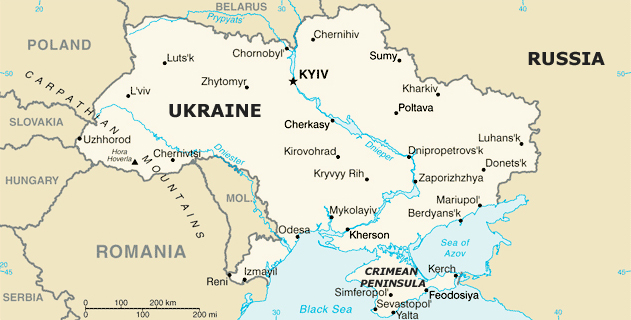Russia cuts Ukrainian gas supplies

(Business New Europe – bne.eu – June 16, 2014) Russia’s state-owned Gazprom cut Ukraine’s gas supply off at 10 a.m. Moscow time for failing to pay its bills after talks broke down ahead of a June 16 deadline.
“This decision was taken due to systematic failure of Naftogaz Ukraine to pay,” Gazprom said in a statement. “The debt of the company for Russian gas stands at $4.458bn, including $1.451bn for November and December 2013, and $3.007bn for April-May 2014. Starting today, the Ukrainian company will only get the Russian gas it has paid for.”
Ukraine’s national gas utility Naftogaz declined to comment, saying it would issue a statement later in the day. However, the Ukrainian pipeline operator Ukrtransgaz said it was operating normally.
Brokered by the EU, the Russian gas giant conducted a series of last-minute negotiations with new Ukrainian President Petro Poroshenko to reach a compromise gas price. An agreement was demanded by Ukraine before it paid off its debts. European Energy Commissioner Guenther Oettinger said Moscow had declined a compromise proposal during the talks, in which Kiev would pay $1bn immediately, instead of the $1.45bn Moscow was demanding, and then make monthly debt payments.
The EU was proposing Ukraine would also pay $385 per 1,000 cubic metres in winter and around $300 in the summer months. Russia reportedly offered a straight price of $385, but only after Ukraine settled the full $1.45bn bill.
However, Gazprom has now carried through on its threat to stop deliveries until Kyiv pays its bill. “We reached no agreement. The chances that we meet again are slim,” Gazprom spokesman Sergei Kuprianov said after the talks ended on June 15. The Russian company insists Ukraine will now have to pay for all deliveries in advance.
This is the third time Russia has cut Ukraine’s gas supplies for payment delinquency. The previous terminations of deliveries in the “gas wars” occurred in 2006 and 2009. Those cutoffs came during the winter, leaving millions in the EU without heat. However, this time the cutoff has occurred in summer, and Ukraine already has around 13bn cubic meters in storage. That suggests European supplies are not under immediate threat.
More action may follow after a meeting between Gazprom CEO Alexei Miller and Russian President Vladimir Putin due for June 16, according to Deputy Prime Minister Arkady Dvorkovich. Russian Energy Minister Aleksander Novak and Miller are scheduled to hold a press conference later the same day.
Russia’s offer of $385 is less than the $485 Ukraine currently pays under the terms of the 2009 contract signed by former Ukrainian prime minister Yulia Tymoshenko, but more than the $268 offered by the Kremlin to former Ukrainian president Viktor Yanukovych in December in order to persuade him not to sign a pact with the EU. His failure to seal a deal with Brussels sparked massive protests which saw him deposed by February. The country has since slid into virtual civil war with eastern regions controlled by pro-Russian separatists.
The compromise price was actually in the middle of the range of gas prices paid by other countries in Europe, and on a par with the prices paid by other countries in the former-Soveit neighborhood. Belarus has one of the cheapest gas prices, paying Russia about $180, whereas several Western European countries pay over $500.
Several news reports claim that Ukraine pays the “highest price in Europe,” however, this is not the highest price as Czech Republic pays $503, Bulgaria pays $501, Macedonia pays $566 and Bosnia and Herzegovina pays $515. The other countries closest to Russia and the most dependent on Russia for gas pay between $440 and $495 for their gas, according to Russian newspaper Izvestiya – i.e. less than Russia was asking Ukraine to pay.
Russian shares fell sharply as the cutoff was announced. The dollar-denominated RTS index was down 2.5% to 1341 points at 06:30 GMT, with Gazprom down 2%. With fighting in eastern Ukraine rising in intensity in recent days, the gas cutoff is likely to be seen as an escalation of pressure on Kyiv by the Kremlin by Washington and Brussels, increasing the likelihood of new sanctions on Russia.

